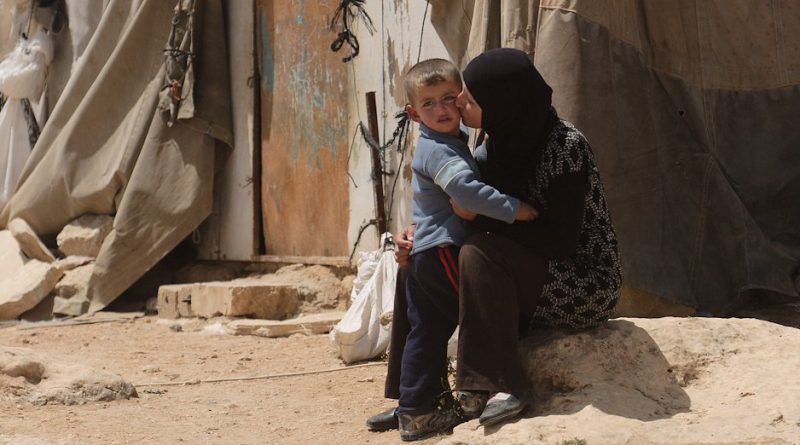Now Reading: Chandigarh Social Welfare Dept will be solely responsible for 10-year-old rape victim: SC
-
01
Chandigarh Social Welfare Dept will be solely responsible for 10-year-old rape victim: SC
Chandigarh Social Welfare Dept will be solely responsible for 10-year-old rape victim: SC
The Supreme Court on Friday said that the Social Welfare Department of the Chandigarh Administration will be the sole authority responsible for attending to the needs of the 10-year-old rape victim who had given birth to a child recently after being denied permission to undergo an abortion on health grounds.
The directions came from a bench of Justices Madan B Lokur and Deepak Gupta when senior counsel Indira Jaisingh, who is the amicus curiae in the case, pointed out that multiplicity of authorities will lead to confusion.
“We make it clear that there will be no multiplicity of authorities and the responsibility rests with the Director, Department of Social Welfare. There should not be any hindrance or obstruction in providing the necessary care and assistance,” the court said.
At the previous hearing, the court had asked the authorities to ensure that the young girl was given medical and counsellor support. On Friday, the bench added to it saying “the support person, as well as the counsellor and liaison officer appointed by the Child Welfare Committee, should be in regular communication with the Child Welfare Committee as well as the Director of the Department of Social Welfare and it is not as if they should perform their responsibilities only on the asking of the parents of the victim”.
The court took note of the status report filed by Mahavir Singh, member secretary of Chandigarh State Legal Services Authority. It said that the girl and the newborn were being looked after with the assistance of a support person as well as a counsellor and liaison officer appointed by the Child Welfare Committee.
The bench also perused the medical report of Government Medical College and Hospital in Chandigarh, which said the mother and child were in a “stable condition”.
Singh told the court that they had not been able to release the financial assistance for the girl as they had not received any money from the victim compensation fund. To this, the Chandigarh Administration replied that the money had to come from the Consolidated Fund of India. The court then directed all concerned to do the needful and ensure that the money reached the girl.
The bench also sought to know if the girl should be shifted from the school where she was currently studying to which Singh said: “we had offered to put her in a new school, but the father insisted that she be sent to the same school”. Jaisingh then added that the head of the school must be requested to ensure that the details about what the child had undergone do not become public.








